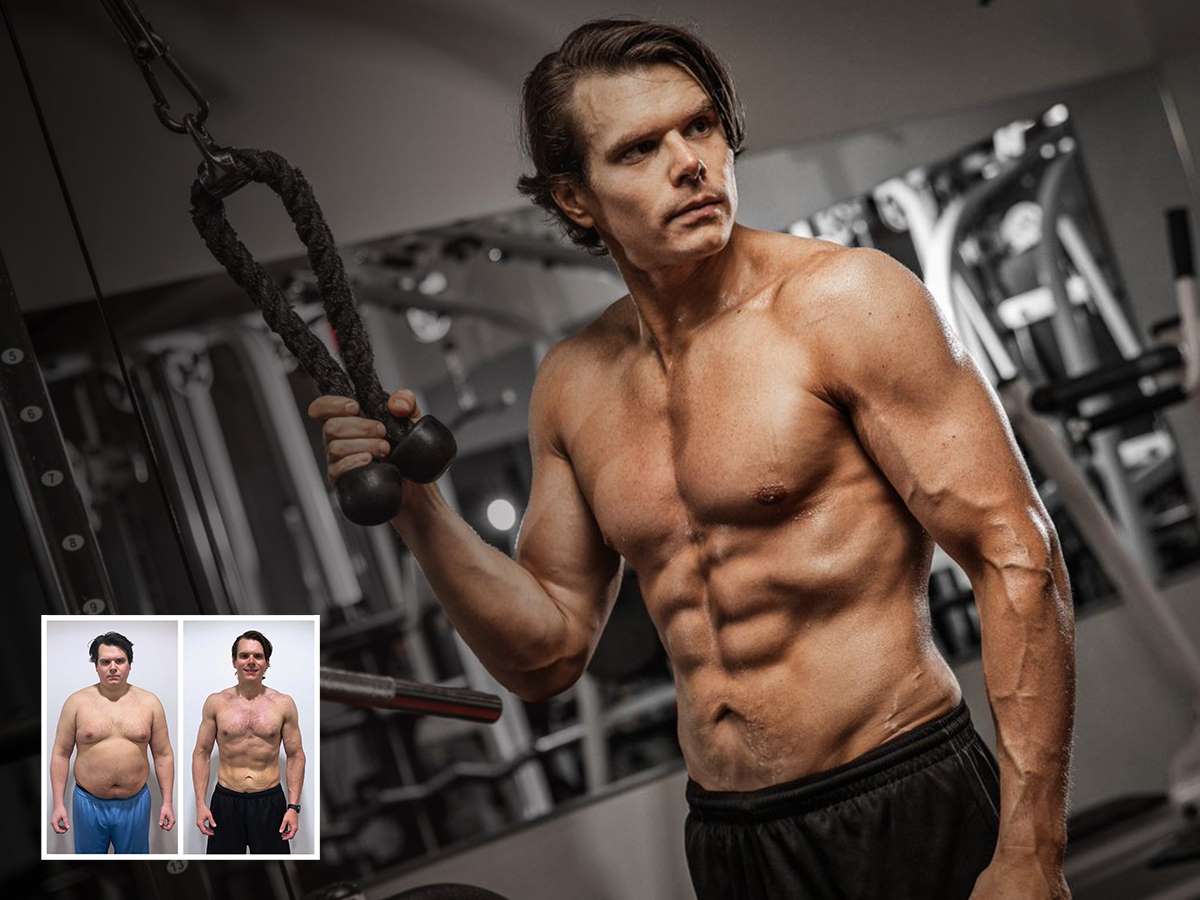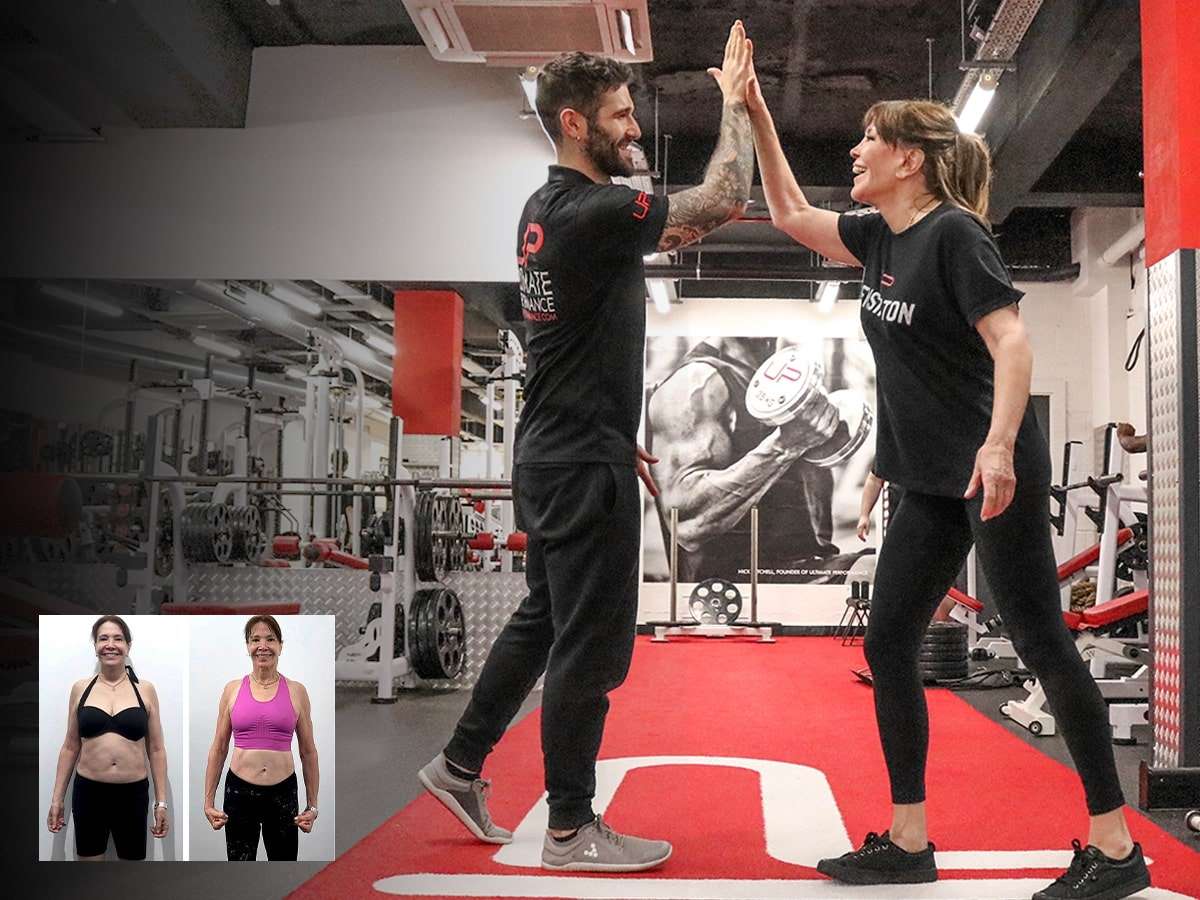Do you know your blood pressure and how to measure it against a blood pressure chart?
Would you know if you had dangerous blood pressure levels?
What changes would you make to your diet and lifestyle to bring it back down to healthy levels and avoid the risks associated with high blood pressure, such as cardiovascular disease?
If you don’t know the answer to these questions, you’re not alone. The vast majority of people know very little about blood pressure or the potentially grave impacts it has on long-term health.
We have answered the 15 most common questions about blood pressure so you can take back control of your health.
1. When is my blood pressure considered an emergency?
When a blood pressure reading is over 180/120 systolic and diastolic at rest, doctors recommend that you contact a medical professional, especially if you have any of the following symptoms: chest pain, shortness of breath, altered vision, difficulty speaking, severe headache or you feel numbness/ weakness.
2. Is it normal for my blood pressure to be higher in the morning?
Blood pressure typically starts to increase a few hours before you wake, and this is why most strokes and heart attacks occur in the early hours of the morning.
During the day, your blood pressure is higher as you’re typically more active and need to be more alert, meaning that active tissues and organs like your brain and muscles require more oxygen and nutrients. As a result, your heart pumps out blood more rapidly to meet this need, and blood pressure rises.
As you move through the day, blood pressure continues to rise steadily until around midday. At this point, it levels off and starts to lower until it hits its lowest point in the late afternoon/evening. This occurs in response to circadian rhythm, which alters various parameters like core temperature, digestion and cognitive function in response to environmental cues.
3. Does my blood pressure change as I age?
Trends show that it’s quite common for your blood pressure to increase as you get older. While structural changes to your cardiovascular system occur naturally due to ageing, increased blood pressure isn’t inevitable.
The main reason blood pressure increases with age is that the effects of lifestyle accumulate over time and do not immediately affect health. This tricks people into the false belief that they can get away with more when they’re young.
However, it’s more likely that years of accumulated lifestyle factors simply become more apparent once you hit middle-age. However, lifestyle and behaviour changes can help offset these trends.

Read how Stuart got a six-pack and healthy blood pressure losing 22kg after lockdown.
4. How should I feel on a day-to-day basis if I have high blood pressure?
There are no specific symptoms associated with high blood pressure, so the only way you can know is by taking a test.
While a lack of symptoms may seem like a plus in the short term, it means that many instances of high blood pressure go undiagnosed, with potentially life-threatening consequences.
5. Are there any foods that increase my blood pressure?
One of the most common food substances that can increase your blood pressure in the short term is salt/sodium. Stimulants like caffeine can also increase your blood pressure, as they increase heart rate and cardiac output.
Alcohol can also cause short- and long-term increases in blood pressure, even when consumed in moderation. Keep in mind that these changes will persist if you continually consume these foods in large quantities.
6. Do I need to worry about my blood pressure if I am a young age?
In short, yes. While the long-term effects of high blood pressure often don’t manifest until later life, high blood pressure is indicative that you need to make a change in your lifestyle habits now.
The downsides of a lack of activity, poor diet, stress, and sleep loss have serious health consequences at every age, not just in later life.

7. High blood pressure runs in my family; will I have it too?
While a family history of hypertension increases your risk for high blood pressure, this risk comes from nature and nurture. While your genetics play a role, high blood pressure is largely determined by how you live.
The habits of physical activity, diet and lifestyle that your parents pass on don’t necessarily dictate your lifestyle.
However, they can be influential, so you need to make a conscious effort. Dietary changes, regular exercise and stress management are all tools that you can use to bring your blood pressure under control, regardless of your family history.
8. I’ve been told I have “whitecoat hypertension”. What exactly is this?
Whitecoat hypertension (WCH) is a phenomenon in which an individual presents with elevated blood pressure in a clinical setting, commonly when they’re with their GP or health care provider.
Experts hypothesise that nervous anticipation and uncertainty regarding visiting a clinician cause this phenomenon. As a result, your heart rate may elevate due to the release of various stress hormones, causing an acute rise in blood pressure.
9. If I don’t use salt in my cooking or food, do I need to cut salt out of my diet?
Added salt accounts for only a small fraction of sodium intake in most western countries. Most sodium intake originates from pre-packaged, highly processed fast foods and convenience foods.
For this reason, worrying about seasoning your foods with salt is likely unwarranted, and the real goal should be to minimise eating high-sodium foods.

10. If my resting heart rate is normal, does that mean my blood pressure is normal?
Heart rate is one of the components contributing to blood pressure, so it may be logical to think that it correlates with hypertension. Unfortunately, a more significant component in high blood pressure is the amount of resistance that blood must overcome to circulate.
This is known as total peripheral resistance and is hampered primarily by a narrowing of blood vessels and arteries. In a lot of cases, people with hypertension can have normal resting heart rates. You need to specifically test for blood pressure to know if it is normal, and a resting heart rate measurement isn’t enough.
11. Can I go back to my old diet and exercise habits if my blood pressure improves?
Going from high blood pressure to healthy blood pressure is typically more challenging and requires more sacrifice than the process of maintaining healthy blood pressure. While you can enjoy more freedom and be more lenient with your lifestyle once you reach a healthier body composition, your former lifestyle was likely a major contributing factor to developing high blood pressure.
Returning to your old diet and exercise habits may only put you back on the track to ill health, so it makes sense to maintain a healthy lifestyle once you lower your blood pressure, although this may require less effort and sacrifice than was needed to get there.
12. Is high blood pressure only an issue for men?
High blood pressure affects all individuals, not just men. Hypertension is just as common in men as they are more likely, on average, to pay less attention to their health and are more likely to be inactive, smoke, drink alcohol and eat poorly.
Men are also less likely to visit their healthcare professionals and receive early diagnosis and treatment for high blood pressure. Whatever your gender, managing your blood pressure should still be a priority.

13. If I check my blood pressure at home, does it matter when I do it?
While there is no best time to take blood pressure, the most important factor is being consistent. Various factors like when you last ate, exercised, as well as stress and sleep are all contributory factors to blood pressure.
As a result, taking your blood pressure first thing in the morning before food is a good way to account for these fluctuations so that you can observe accurate trends in the data.
14. How do I control my blood pressure levels?
Disclaimer: If you are concerned about your blood pressure, always speak to your doctor.
How you manage your blood pressure depends on your current health status. If you have signs of chronically high blood pressure that presents an immediate health risk, your doctor may request that you take medication to control the situation.
In many cases, high blood pressure is manageable through lifestyle interventions. The primary recommendations include:
- Performing regular, high-intensity exercise two to three times per week.
- Eating a healthy, balanced diet that doesn’t include excessive sodium, has plenty of fruits and vegetables, and helps you achieve a healthy body composition.
- Achieving eight hours of quality sleep each night.
- Managing your stress levels and addressing factors contributing to consistent stress.
15. Can stress cause my blood pressure to increase?
Stress undoubtedly impacts your blood pressure. When you perceive stress, it triggers your parasympathetic nervous system, referred to colloquially as ‘fight-or-flight’. When this happens, your heart rate increases, your pupils dilate, and nutrients and oxygen move towards your brain and muscles, all to help you deal with the stressor.
While these effects enable our survival in the short term, modern life means that stressors rarely subside so quickly. The morning commute, financial issues, personal relationships, health concerns and more all mean that we can’t differentiate between ‘danger’ and ‘safety’. This kind of chronic stress creates unfavourable effects that directly and indirectly contribute to chronically high blood pressure.



